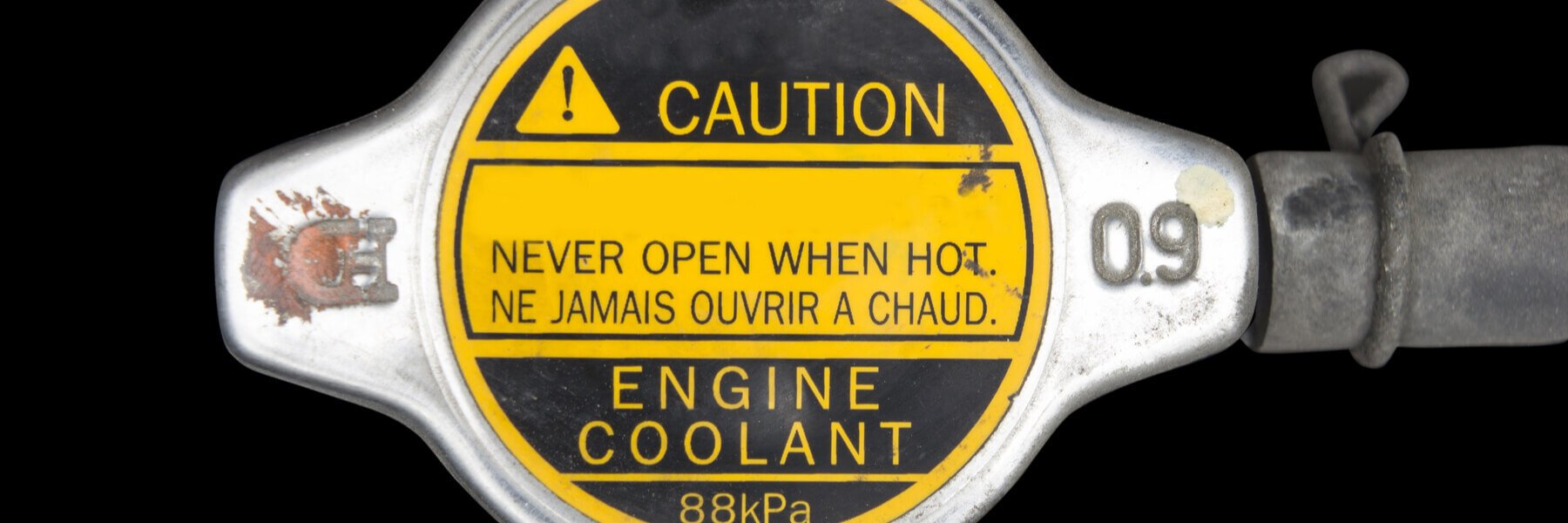Fluid leaking from the bottom of your vehicle can be alarming--but it doesn't have to be the end of the world. Before you do anything, it's important to identify the type of fluid and determine your next steps (if any steps are required at all). Let's take a look!
Why Is My Car Leaking Fluid?
Say your car is leaking fluid. That's not necessarily a sign that you've dropped the ball on proactive maintenance or that your vehicle has officially given up. The truth is that there are plenty of everyday reasons for a car to leak fluid, and not all of them are catastrophic for you, your budget, or your transportation schedule. This depends on many factors, from the age of your car to the color of the leaking fluid.
Here are some potential answers:
Your Vehicle's Getting Older
Although modern vehicles are often designed to stay on the road for 100,000 miles or more, they sometimes feel their age. Older or more frequently used cars may develop issues that cause them to leak. In some cases, this is a sign that you may need a new vehicle; in others, it just means a quick visit to your local auto repair shop.
You Have Minor Leaks
This is perhaps the most obvious explanation. Any vehicle can end up with a minor leak, even if it's on the newer side or hasn't been driven very much. (In fact, if a car is left sitting too long, it can have all kinds of problems!) Some leaks start out slow and turn into much bigger problems; others are slow and hardly noticeable, and you may overlook them for a while.
There's a Bigger Issue
In some cases, a car leaking fluid is asking for help. For example, maybe you recently bumped into something and thought your vehicle made it out unscathed, but a leak indicates that you missed a bigger problem.
Identifying The Fluid
Before fixing a leak, you need to know what the fluid is. As it turns out, one of the best ways to identify the problem is to check the color:
Clear
This one's easy. In most cases, clear fluid is just water--and that's likely not an issue. Water can drip from your vehicle if you've been using the air conditioner, which creates condensation. You may also notice dripping water if there's been rain or snow in the past few days--because, even if everything else has dried up, certain parts of your car may old onto water without you realizing it.
Brown or Black
Brown or black fluid is often oil. To double-check, you can see if the leak seems shiny or has a distinct smell. If all else fails, keep track of your car's oil levels--if they drop way too fast, you can bet there's a leak somewhere. This usually requires a visit to your local mechanic; just make sure you have enough oil to get there!
Light or Dark Brown
This fluid is tricky because it can look a lot like oil at first. However, if you notice your car leaking light or dark brown fluid that feels slick, you may be dealing with brake fluid. Because this determines your vehicle's safety and control levels, it's best to have your car towed to a mechanic instead of trying to drive it.
Pink or Red
Transmission fluid doesn't smell, but if it's pink or red, you can usually identify it easily. This fluid helps your car shift gears and perform at capacity, so while a small leak may not be the end of the world, you should solve this problem quickly to keep from damaging your transmission.
Yellow, Green, Pink, Blue
Coolant comes in all types and colors, which is why it's sometimes difficult to identify. Luckily, you can rely on your other senses, because coolant often has a sort of "sweet" smell and may feel slimy to the touch.
Conclusion
No matter your vehicle's age or condition, a leak can be cause for concern--but not necessarily panic. Take note of the color and amount of the leak, then call your local auto repair shop. That's the best way to ensure you aren't driving an unsafe vehicle.
Is your car leaking fluid? Contact us today for help with everything from diagnosis to repairs and maintenance.



